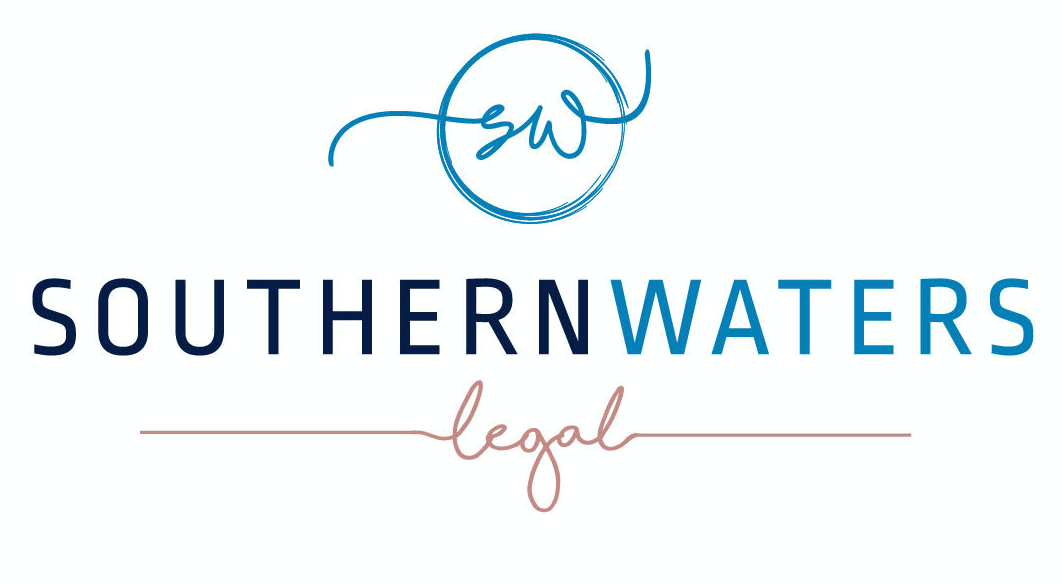The A- Z of Family Law
Child Support
If you are going through a separation and have children under the age of 18, Child Support will inevitably be a topic of conversation you will need to have with your former partner/spouse. So, what is child support and what are the ways it can be worked out between you?
Basically, child support is a payment from one parent to another to assist in meeting the children’s expenses. There are three main ways in which most people tend to finalise their child support arrangements, which we outline below.
1. Ad hoc agreement
An ad hoc agreement is where one parent agrees to pay another an amount of child support each week or month, to assist in meeting the children’s expenses, in an undocumented and unenforceable arrangement. Sometimes people will have alternative arrangements whereby they say, “I’m paying the mortgage on the house and all expenses in relation to it. So, because you’re living in it, I don’t have to pay any child support”. In other words, this person is suggesting that they will be paying the mortgage in lieu of child support.
Generally speaking, ad hoc agreements don’t last long and there can be fallouts from these situations relating to parents ceasing payments, enforceability and disagreements as to the amount to be paid.
2. Child Support Assessment
The Second Option is to obtain a child support assessment from the Child Support Agency, which is an arm of the Department of Human Services. This is the most common form of child support arrangement.
Child support pursuant to an assessment is based on a formula consisting of the following:
- the respective incomes of both parents;
- the number of children that you have;
- the ages of those children; and
- the nights that the children are in each parent’s care.
Based on the above factors, a Child Support Assessment calculates how much one parent is to pay the other. The amount is then enforced by the Child Support Agency.
This option provides a minimum level of child support and parties often find it insufficient to meet the children’s expenses.
3. Child Support Agreement (limited or binding)
Option three is a child support agreement. There are two types of agreement: 1) a limited child support agreement and 2) a binding child support agreement.
Collaborative Law
Collaborative Law is neither litigation nor mediation but a process where all parties, with the assistance of the parties’ lawyers, a collaborative coach (similar to a mediator) and other professionals such as psychologists, financial planners and accountants, conduct a series of meetings to work out the best resolution for the family unit.
Pursuant to this approach, the parties endeavour to resolve the matter in an amicable, open, honest and transparent way. All of the negotiations are conducted in front of the other participants. If you do go down this path, you and your partner commit at the very outset of the matter not to go to court, and both parties and your lawyers sign a contract to that effect.
It’s important to note that practitioners have to be collaboratively trained. To find a Solicitor that is trained look up the Southern Sydney Collaborative Professionals Website.
The benefit of the Collaborative approach is it can be a less stressful way to resolve the matter. If you would like to discuss whether this approach might suit your circumstances please feel free to reach out for a free 15 minute no obligation consultation.
Check out the other Letters in the A – Z of Family Law:
A: Applications, Applications for Divorce, Affidavits, Alternative Dispute Resolution, Appeals
B: Barristers, Best interest of the child
F: Financial Disclosure and Financial Agreement
G: Case Guardians, Litigation Guardians
I: Injunctions, Interim Hearings
J&K: Judicial Officers, Section 90K
If you have any questions about the words we have covered in this article or would like us to explain another term please do not hesitate to contact us at Southern Waters Legal.


